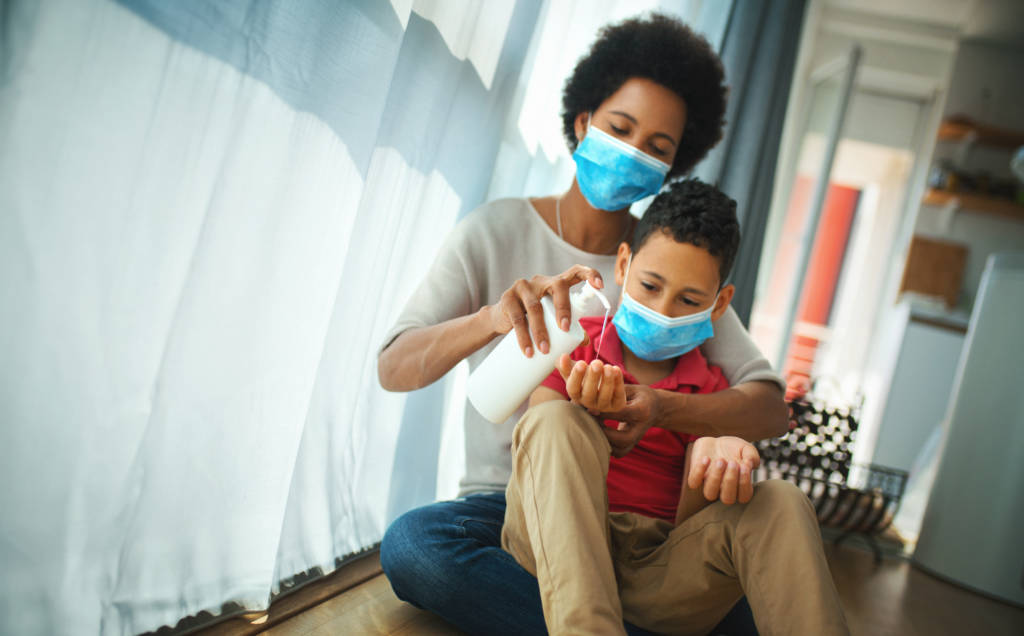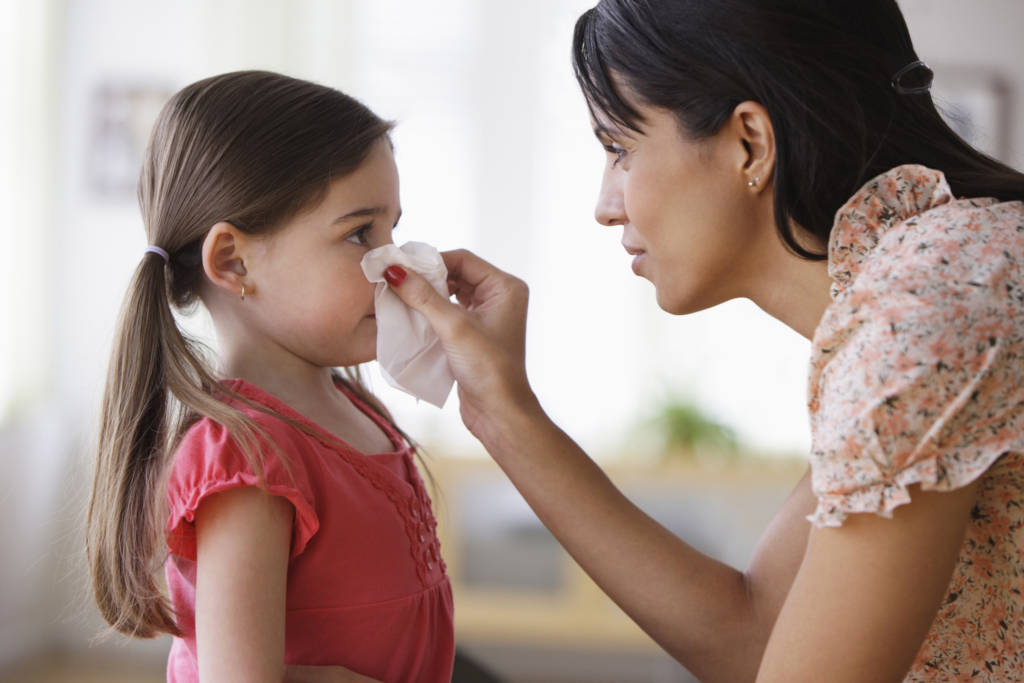The temptation to respond to social media notifications and text messages from friends is keeping more and more teens awake at night.

New research from Zlatan Krizan, an Iowa State University associate professor of psychology; and Jean Twenge, lead author and San Diego State University professor, found teens who spend more than two hours a day on their smartphones get fewer than seven hours of sleep each night. The research, published in the journal Sleep Medicine, is the strongest evidence to date that teens’ increased use of electronic devices in recent years is responsible for similar rises in insufficient sleep.
Researchers analyzed data from two national surveys of more than 360,000 teens, focusing specifically on changes in sleep and smartphone use from 2009 to 2015. They noted an abrupt change in teens’ sleep habits around 2012, the same time smartphones became more prevalent. According to the study, as time spent on smartphones increased, so did the percentage of teens getting insufficient sleep:
Relative to 2009, 17 percent more teens in 2015 reported sleeping fewer than seven hours a night 35 percent of teens using electronic devices for one hour a day slept fewer than seven hours
52 percent of teens using electronic devices for five-plus hours slept fewer than seven hours.
For comparison, those spending more than five hours were 50 percent more likely to sleep less than those spending an hour a day.
Insufficient sleep is one of the many health consequences stemming from an increased dependency on technology, Krizan said. This is especially concerning for teens who are not getting the recommended nine hours of sleep each night.





